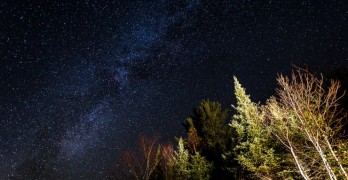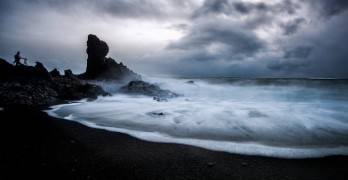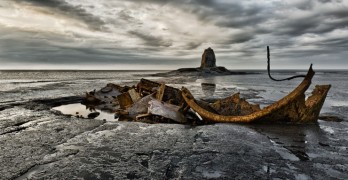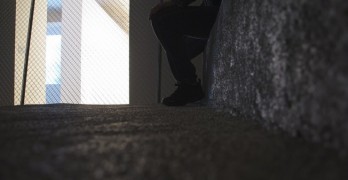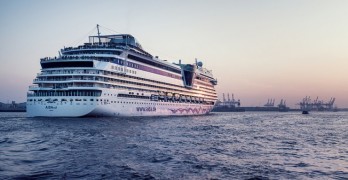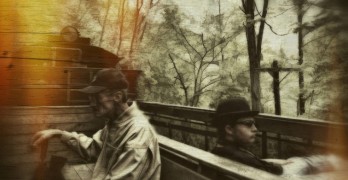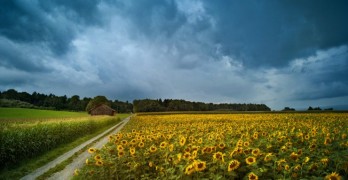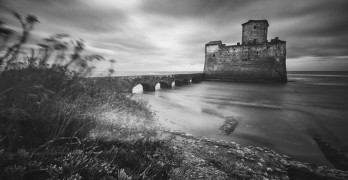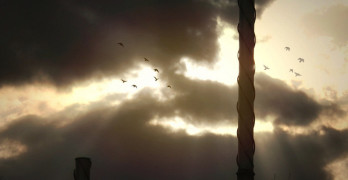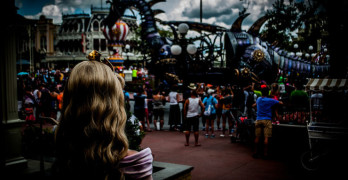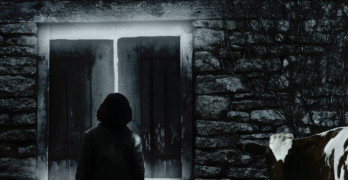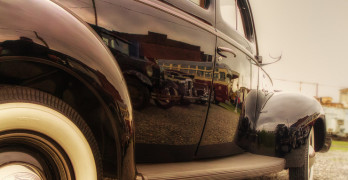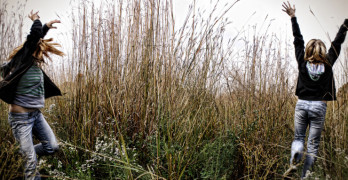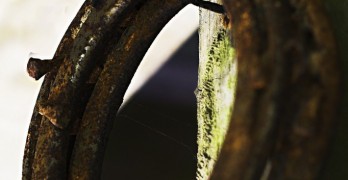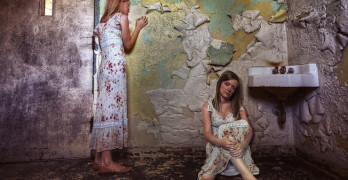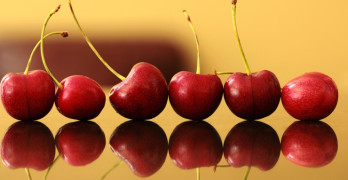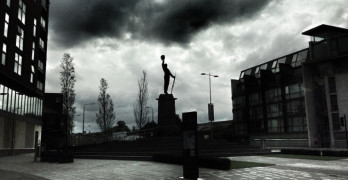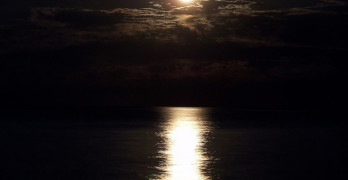A “Keats Walk” in Hampstead and Hampstead Heath in north London is a window into John Keats’ poetry, passions, and life.
Poets and Poems: Sean O’Brien and “The Drowned Book”
The Drowned Book and The Beautiful Librarians by U.K. poet Sean O’Brien show how he’s one of the finest poets writing in English today.
Poetic Voices: Chelsea Rathburn and Kristina Marie Darling
Two recent collections by Chelsea Rathburn and Kristina Marie Darling both deal with grief, but it is a grief different from that over physical death.
Poetry for Life: Poems on the Underground
“Poems on the Underground” collects some 230 poems which have been posted on the London Underground since 1986.
Poetic Voices: Joan Murray and Ellen Kombiyil
In two recent collections, poets Joan Murray and Ellen Kombiyil demonstrate the power of poetry for telling stories.
Robert Crawford on the Young T.S. Eliot
Robert Crawford’s “Young Eliot: From St. Louis to The Waste Land, ” is a wonderfully in-depth biography of the early years of the 20th century’s major poet.
Robert Frost and “The Road Not Taken”
Author David Orr argues that “The Road Not Taken” by Robert Frost is both the best known and most misunderstood American poem.
Poetic Voices: Shelley Puhak and Jennifer K. Sweeney
Two recent poetry collections, by Shelley Puhak and Jennifer Sweeney, illustrate how well poetry can convey the idea of longing.
Awards by the Academy of American Poets
The Academy of American Poets has announced the recipients of its annual awards, including Robert Hass, Brian Blanchfield and Hannah Sanghee Park.
Finding Eliot in St. Louis
Finding T.S. Eliot in St. Louis, where he was born and raised, is not an easy task, but he’s there, most of all in his poetry.
Poetic Voices: Molly Fisk and Miriam Bird Greenberg
Imagery is a critical aspect of poetry, and using it well, as Molly Fisk and Miriam Bird Greenberg do, significantly enhances the strength of the writing.
The Circus: The Last Hurrah of Childhood
The circus was spectacular, and it was meant to be. Everything seemed oversized – the elephants, the horses, even the tiny car filled with an impossible number of clowns.
Poetic Voices: Paula Marie Coomer and Donna Vorreyer
Poets Donna Vorreyer and Paula Marie Coomer write about their lives, showing us that poetry is work and it is like windows into the soul.
Poets and Poems: Hart Crane, “The Bridge” and Me
Reading “The Bridge” by Hart Crane is an exploration into the love for the literature of Realism and Modernism – and the reasons for that love.
Poetic Voices: Megan Fernandes and Sandra Marchetti
Two poets – Megan Fernandes and Sandra Marchetti – write words that linger in the memory long after the books are closed.
How to Write a Poetry Review
One approach for how to write a poetry review is to follow the “Five Ws and One H” that flowed from the journalism philosophy of Walter Lippman.
Poets and Poems: Susan Lewis
Poet Susan Lewis asks how we can fully understand each other, and she does it within the frameworks of both prose poetry and the more familiar verse form.
The 6 Most Overused Words in Poetry Reviews
Six words are nominated for the “Most Overused Words in Poetry Reviews Hall of Fame.” And three more are contenders.
Poetic Voices: Rachel Heimowitz and J.L. Jacobs
In recent collections Rachel Heimowitz and J.L. Jacobs deal with the sense of place – contemporary Israel and the places of childhood and imagination.
Twitter Party: Slivers of Plum at Midnight
Tweetspeak Poetry’s most recent Twitter party resulted in ten poems about lemonade, lightning, bread, gears, a locomotive, and an equation — of bees.
